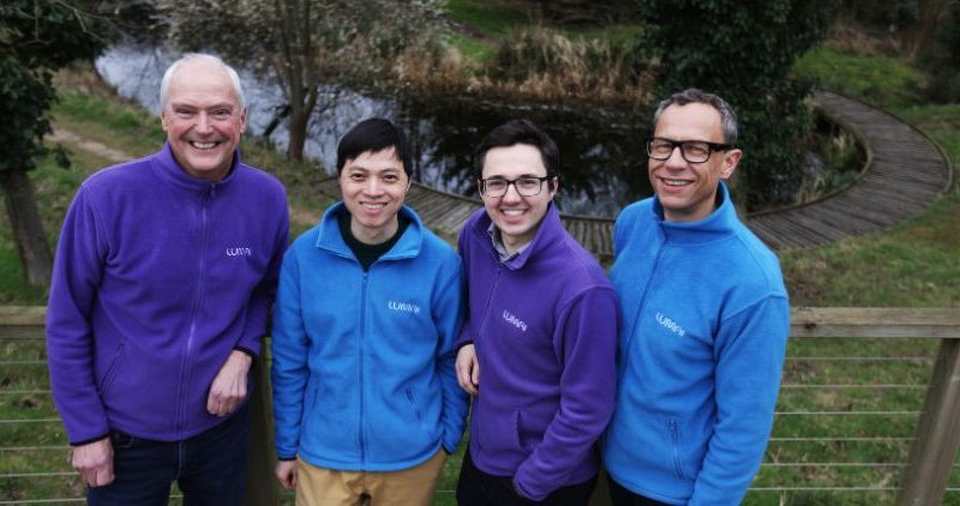Lumai, an Oxford spinout and AI accelerator startup, raises $10M+ to cut AI compute costs with optical acceleration

As AI models get bigger and more power-hungry, data centers struggle to keep up. The cost of training and running large language models (LLMs) keeps climbing, and silicon chips are hitting performance limits. With U.S. data center energy use expected to triple by 2028—consuming up to 12% of the country’s power—there’s growing pressure to find a better way.
Lumai, an AI accelerator startup spun out of the University of Oxford, thinks the answer lies in optics, not silicon. Founded in 2022, the company was born out of a collaboration between five experts: Tim Weil, Xianxin Guo, Alex Lovsky, Thomas Barrett, and James Spall.
Today, Lumai announced it has raised over $10 million to scale its optical computing tech and promises to slash costs and energy use in AI data centers. The round was led by Constructor Capital, with support from IP Group and new backers including PhotonVentures, Journey Ventures, LIFTT, Qubits Ventures, State Farm Ventures, and TIS Inc.
The funding will help Lumai double its team, accelerate product development, and expand its presence in the U.S.
Lumai’s technology sidesteps silicon entirely by performing AI’s core arithmetic operations within beams of light traveling through 3D space. Its optical accelerator fits a standard PCIe form factor, making it easier to deploy in existing systems. Lumai is using free-space optics to overcome the limitations of silicon photonic computing and expects to bring an 8 POPS AI inference accelerator to market within the next few years.
The company claims its hardware can cut AI inference costs to a tenth of what current solutions charge, delivering 50x the performance while using just 10% of the power.
“The future of AI demands radical breakthroughs in computing,” said Tim Weil, CEO and co-founder of Lumai. “The cost of current LLMs is unsustainable, and next-generation AI won’t happen without a major shift. Lumai’s innovative optical computing design overcomes the scalability challenges that have held others back and dramatically reduces power consumption, which will drive down the cost of AI.”
Investors are betting that Lumai’s approach could reshape AI infrastructure. Dr. Serg Bell, Founder and Chairman of Constructor Capital, said, “Life and intelligence are a large carbon-and electron-based neural model trained over 2 billion years. Fossil fuels are a byproduct of this evolution, and they may not generate enough energy to create a better model if we continue using electron-based computation. We need more efficient, faster energy sources for the next generation of humanity’s neocortex: Artificial General Intelligence. Photons are the only known choice. Lumai’s technology is a significant step forward in improving matrix multiplication, similar to the advancements quantum computers offer for other computational scenarios.”
Dr. Lee Thornton of IP Group said, “Having solved the challenges of optical compute to provide a low-cost, scalable solution, Lumai’s technology has the potential to transform the future of AI. We are proud to continue supporting Lumai as it embarks on the next phase of its journey.”
PhotonVentures’ Ewit Roos added, “Lumai isn’t just innovating — it is fundamentally reshaping the future of AI compute. Lumai presents one of the most compelling opportunities in next-generation data center technology, positioning it at the forefront of the AI revolution.”
The startup is already gaining industry traction. It recently won “Best Overall Technology” at the Global OCP Future Technologies Symposium, completed the Intel Ignite London program, and its co-founders have been recognized by the Royal Academy of Engineering and the Photonics 100 list.
With fresh backing and growing momentum, Lumai is aiming to rewrite the rules of AI infrastructure—before the energy bill writes it for everyone else.




